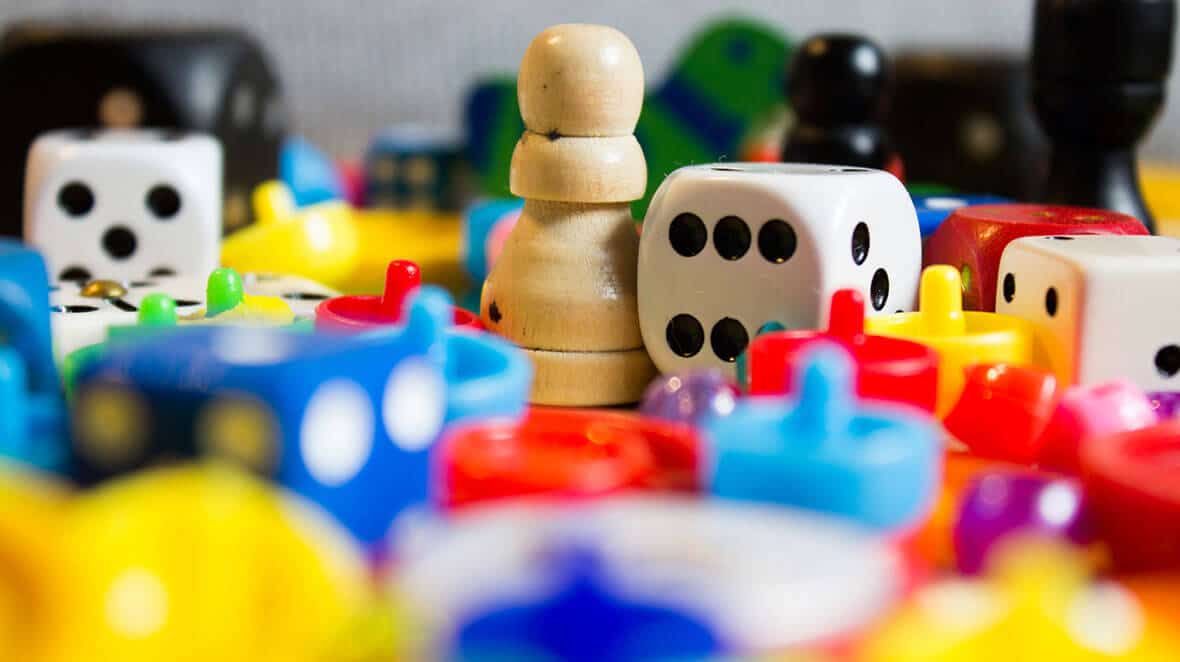For the past two years, I’ve attended a little-known convention called Gen Con. Okay, depending on who you ask, it might not be that little-known. It draws over 60,000 unique attendees (over 200k visits throughout four days).
Besides spending time enjoying everything at the convention—from visiting exhibitor booths to making purchases, trying out new games, attending events, eating food, and playing in a tournament—I also teach convention attendees board games, or rather give demos to help them make informed decisions about purchases. I think this activity helps to make me a better consultant.
How the Game Demos Work
The process begins well before the convention starts. The company in charge provides me a schedule of the game or games that I will demo. They also provide the rules, as I might not know the game, or it might even be a brand new, unreleased game. I’m tasked with learning the game(s) and being at my designated post to give demos according to my schedule, usually in blocks that are a few hours long.
Normally, when learning or teaching a game on your own time, you can take things slow and cover everything. This is not the case with giving demos because I have to limit each demo to 15-30 minutes. This requires distilling the necessary information about the game and its rules so that the attendees can play at least a few rounds, if not a full game. Depending on the game and number of attendees who want a demo, it might involve me playing or assisting as needed. In either case, if there are other attendees watching, I will go over the same information for them, as not everyone will get the chance to play the game.
There is also the possibility that I might have to cover for someone else or give demos of a game that’s not on my schedule. This happened earlier this year. I showed up a little early to demo my first scheduled game, and the game was unavailable. However, there was another game where the person who was supposed to be running the demo was missing. So instead of the game I was scheduled for, I had to learn a completely different game in the span of a few minutes and then start giving demos of it. I may have been lucky that the game was simple to learn, but throughout the convention, some of the other people giving demos either had schedule issues or had to cancel for various reasons, including sickness. Luckily, other people could usually step in to cover these positions on the fly.
How Teaching Board Games Makes Me a Better Consultant
- Communication: Obviously, one can’t teach board games or be a consultant without communication. For me, this is a big deal because I’m normally pretty introverted and shy and have been the majority of my life. Giving demos helps me to improve my communication skills. It’s also allowed me to break out of that shyness when needed.
- Time Management: With a schedule full of events and demos to lead and the sheer scale of the convention center, I have to plan ahead to get where I need to be either early or on time (No running! “DO NOT RUN” is a phrase repeated a lot at Gen Con, and the organizers will remove your badge if you don’t comply.) My meetings and schedules as a consultant aren’t nearly as hectic, but they do require preparation, planning ahead of time, and being aware of other people’s time. I probably won’t get kicked out of a meeting, but it does not look professional to run to a meeting or show up late.
- Distilling Information: This goes along with communication, but it is a huge part of both teaching board games and consulting. It’s important for games because no one wants to sit around hearing all the rules. Instead, it’s better to get the important information out and reference the rules when needed. In software consulting, it’s more about breaking down complex technical information so that it’s easier to understand. Not all clients know everything about software development or Agile methodologies. Though the information is different, learning how to distill information for board games helps me do the same for my clients in consulting.
- Adaptability: Just as I had to learn games I had never played (even a few minutes before giving demos), I also need to be adaptable when consulting. This could be due to context switching, learning new programming languages or tech stacks, or possibly even taking on a new role if a project lead is on vacation. Learning how to adapt quickly when it comes to teaching is invaluable in consulting.
Teaching board games and giving demos at Gen Con is something that I enjoy doing. It also just happens to help me grow as a consultant. Non-traditional methods of improving skills can be a great way to break from the norm. I’m sure there is something out there that you do that helps you to become a better consultant as well. What activities have been helpful for you?

